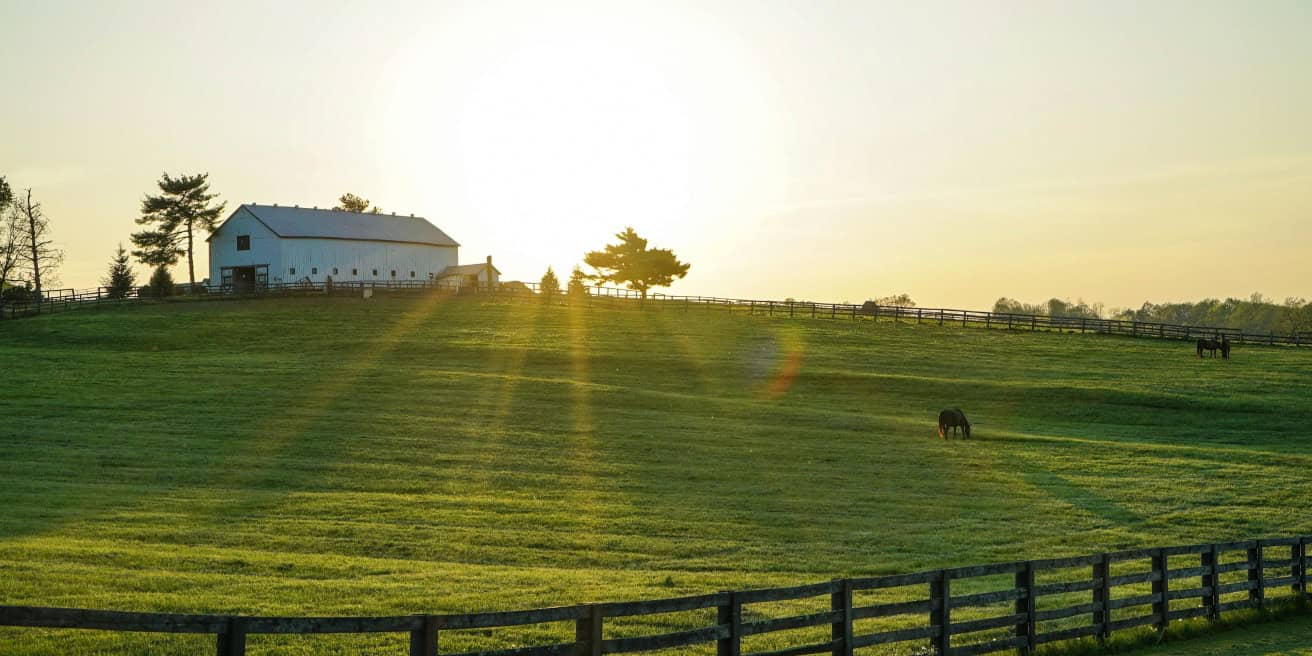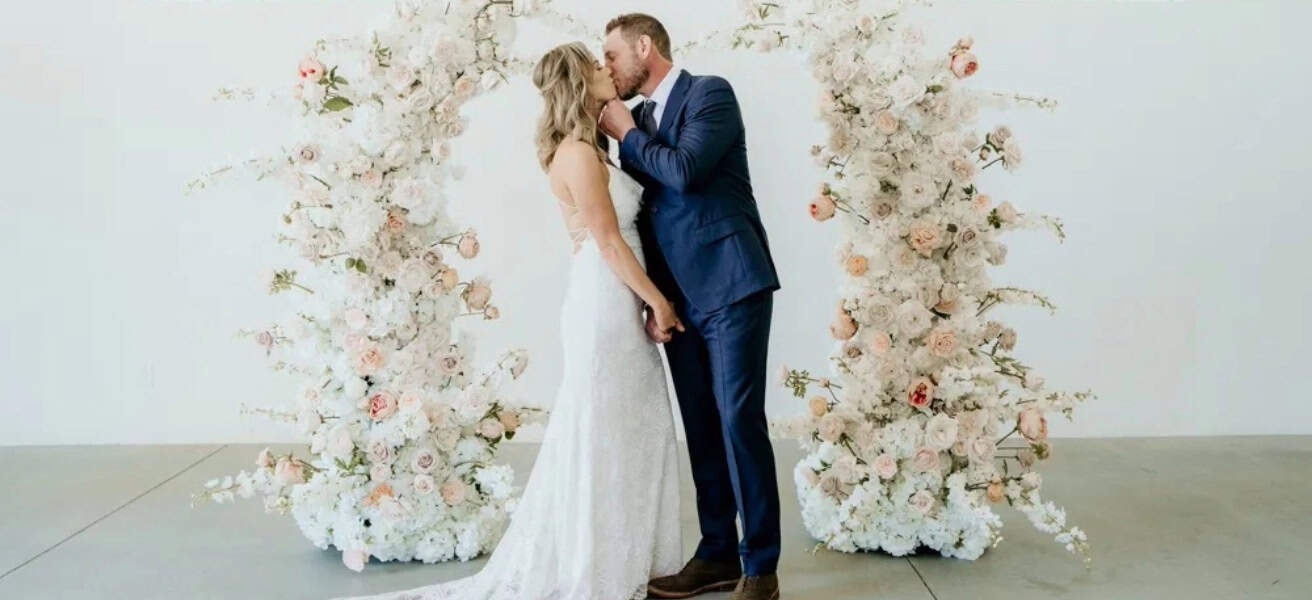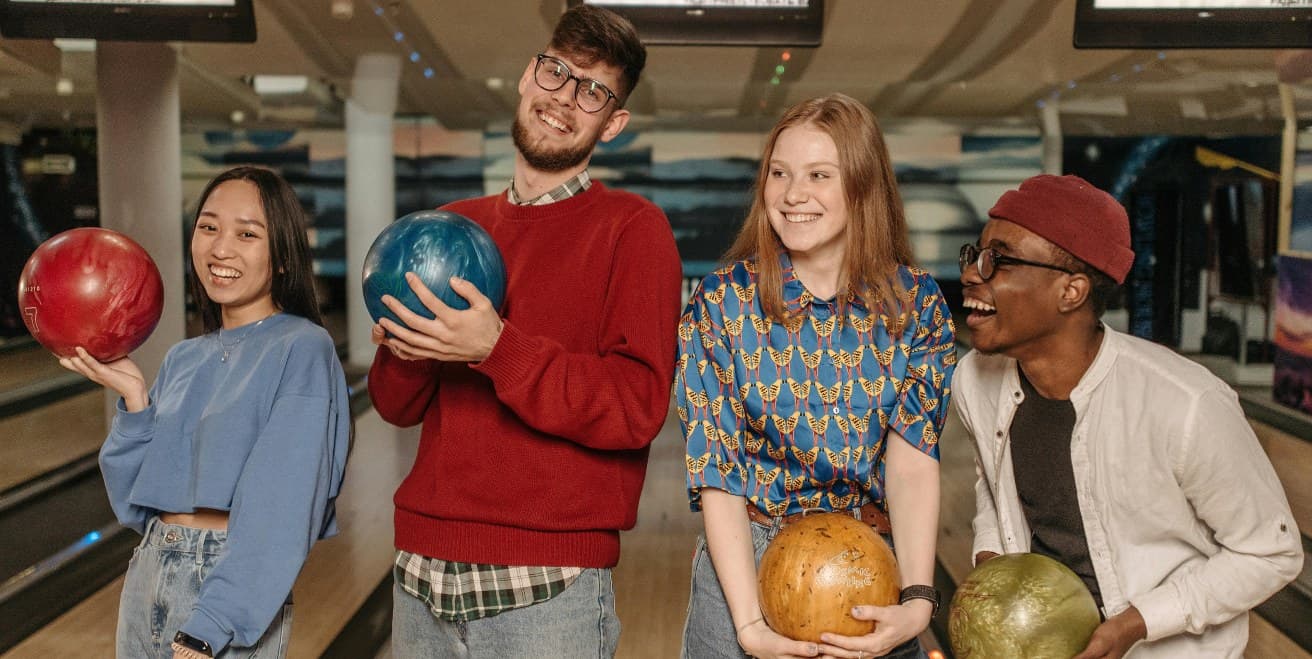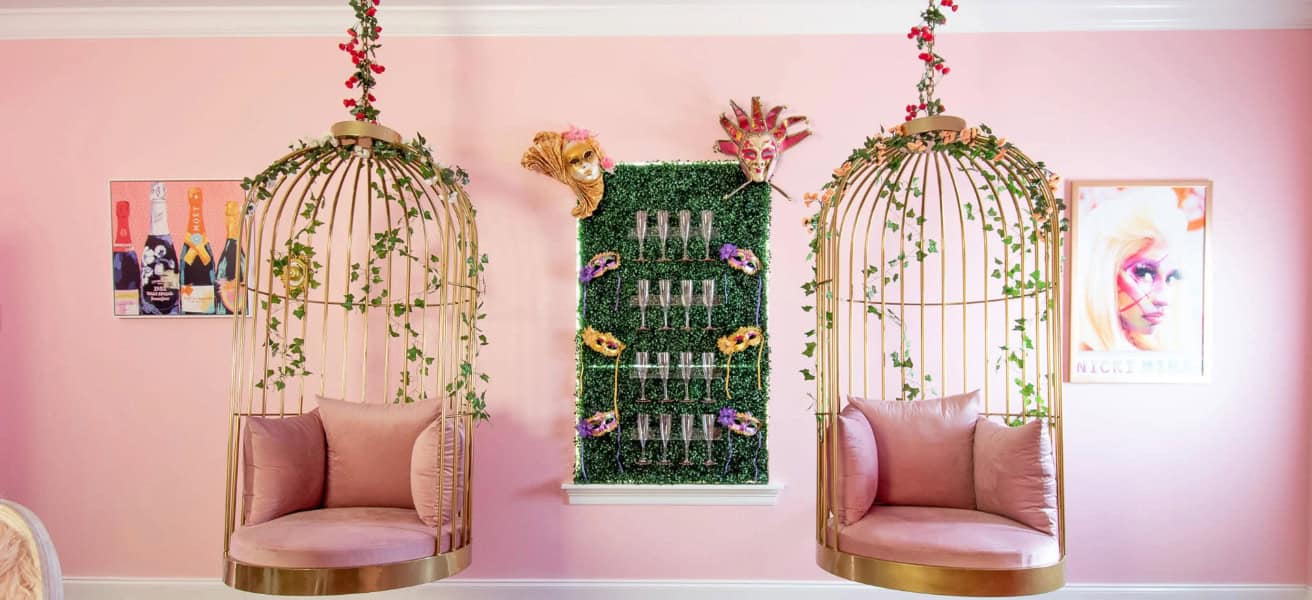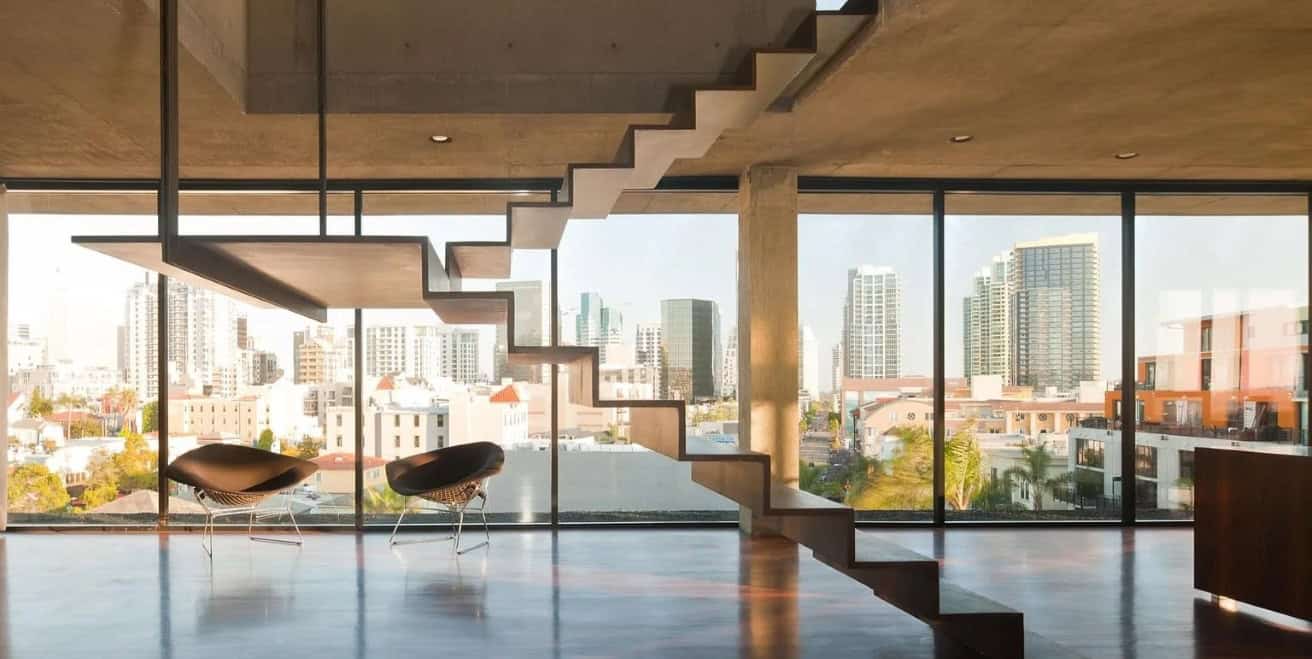12 Questions to Ask a Photographer Before You Book (Recommended by Pros)
- Date: April 22, 2025
- Topic: Events
- Contributors: Written by Earl GoodsonEdited by Randi Kest
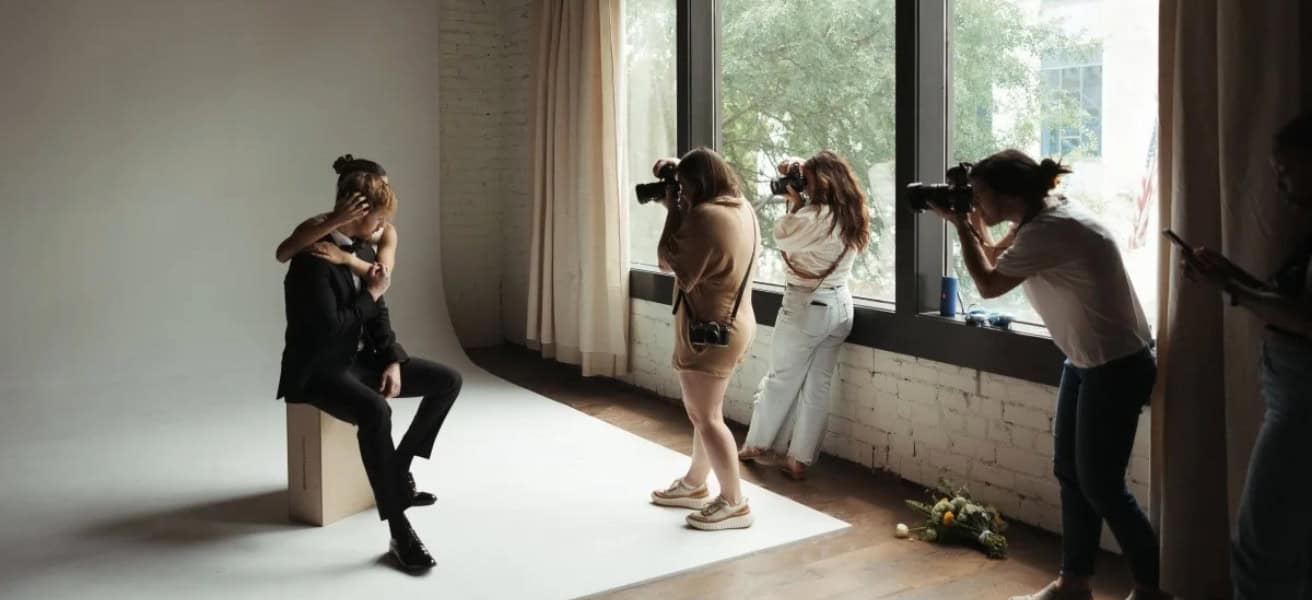
Source: Made in Peerspace / @graciecobbphoto
Great photography transforms fleeting moments into enduring impressions that tell your unique story for years to come. Whether you’re capturing a milestone celebration, creating a compelling website, or showcasing your products, the right images don’t just document—they evoke emotion, build connection, and communicate your vision instantly.
A skilled photographer turns ordinary scenes into extraordinary memories, but finding the perfect creative partner requires asking the right questions. The difference between good and exceptional photography isn’t just technical skill—it’s the seamless collaboration between your vision and their artistry, creating images that continue to resonate and inspire long after the shutter clicks.
Meet the experts

Colorado-based photographer Mitch Nicklas has been shooting since his parents gave him a beloved Pentax for his high school graduation. From profile photos to pets, Mitch and his camera(s) are available for events, portraits and more. Learn more at Mitch Nicklas Photography.
Headshot and portrait photographer Elvis Sherman has been honing his craft for the better part of the past two decades. Based in Colorado, he and his company Denver Pro Headshots deliver quality headshots for individuals and businesses alike. Check out his website to see his work.
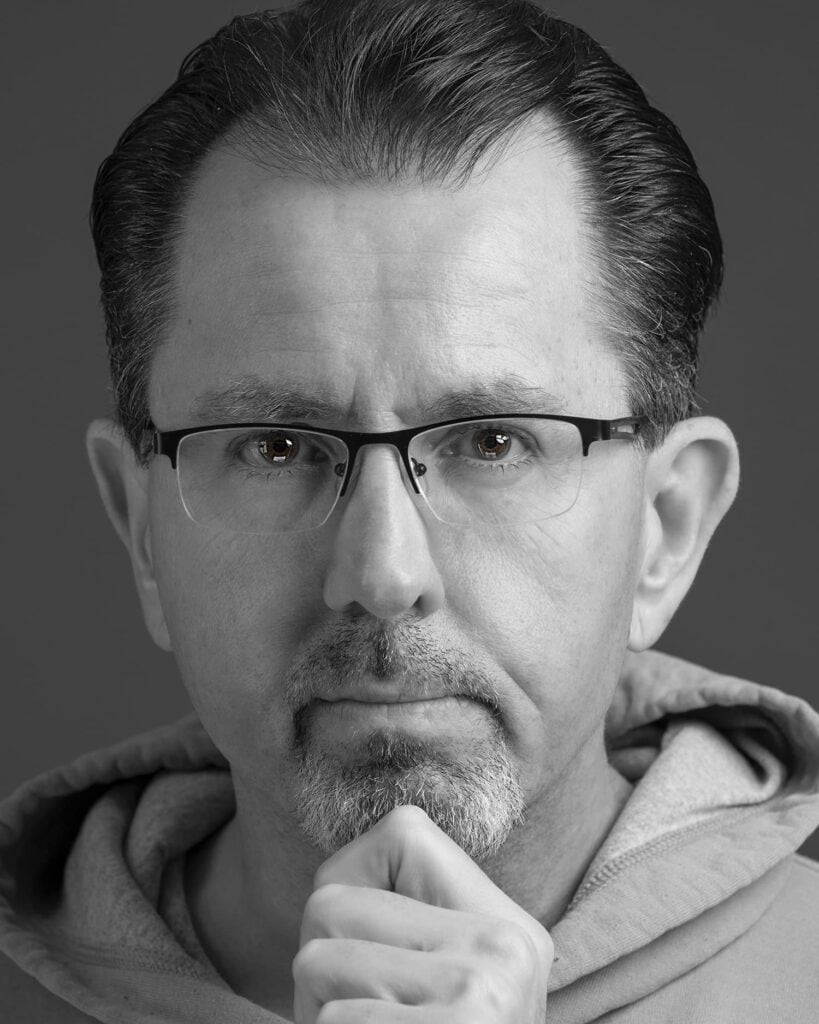
Table of contents
- Why asking the right questions matters
- First questions to ask
- In-depth questions
- Questions about rate and timeline
- How to avoid a mismatch
- Choosing the right venue
The importance of asking the right questions
The right questions at the outset will make optimal use of your time on the day of your shoot, limiting the potential for a costly reshoot. Many photoshoots are one-and-done events, like a party or fundraiser where a reshoot isn’t even an option. For other types of shoots, including headshots or engagement photos, getting on the same page with your photographer about the final vision is key, or you risk being unsatisfied with the end product. So pre-shoot questions are imperative.
Ask about style, lighting, the venue, and other factors that will help bring your vision to life. Photoshoots are a collaboration between client and photographer. Bring your thoughts and ideas to the photographer who will then add their skills to the mix. The end result will be images that highlight your joint vision and creativity. Your input is essential, so don’t leave everything up to the photographer.
First questions to ask a photographer
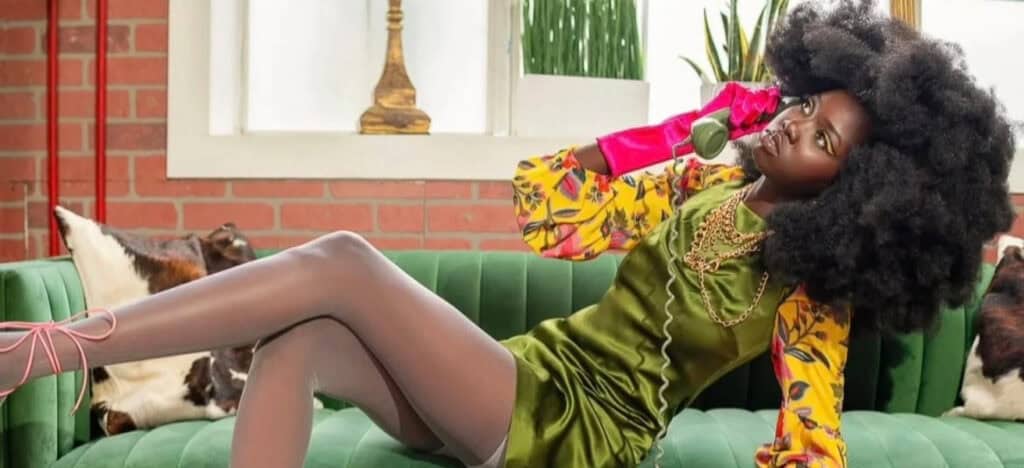
Start with preliminary questions before moving on to more in-depth subjects.
1. Can I see your portfolio?
First things first. Request to see their work. Instagram, Pinterest, or Facebook are good for research, but not enough to make a final decision. Why should you insist on seeing their portfolio?
- Most professional photographers use social media to drive traffic towards their portfolio. Not having a standalone website, complete with a full portfolio of work, is a sign that the photographer is not committed to professional work.
- A portfolio is better organized than a social media page and includes high-resolution sample shots.
- Dedicated portfolios have an About section. Read this to gain insight into a photographer’s style, location, previous clients, and availability.
2. How much experience do you have?
The more time-sensitive your project is, the more experience you should look for. Experienced photographers also often have better equipment and more photoshoot ideas about how to bring your vision to life. Less experienced photographers are still an option, however. Especially if you enjoy their vision and their rate is acceptable. Just be sure they’re not too green to deliver.
3. Do you offer videography services?
If you’d like to capture your event on video, be sure to inquire whether your photographer offers videography services. While many event photographers are also expert videographers, some are more equipped and staffed to do both. Keep in mind that having both may require an extra set of hands, which often comes at a higher cost.
4. What is your photography style?
Dive into questions about their artistic approach—how they use color grading to evoke specific emotions, their philosophy on lighting to sculpt dimension, and their unique compositional eye that frames ordinary moments in extraordinary ways. Each photographer brings distinct visual storytelling techniques that transform raw scenes into compelling narratives.
While some create dramatic, high-contrast images with deep shadows that convey intensity and mystery, others might specialize in airy, luminous compositions that radiate warmth and authenticity. A photographer’s portfolio reveals their signature aesthetic, but many versatile professionals can adapt their technical expertise to capture your desired mood—whether that’s polished and editorial, raw and documentary, or somewhere uniquely in between.
Pro tip: Descriptions of the style you’re after may not be enough. A message like, “I want a faded film look for my portrait shoot,” may sound specific, but there are hundreds of ways to pull that off. Share examples of the look you’re after from social media or elsewhere. This way, the photographer knows precisely what you’re after.
In-depth questions to ask your photographer
After you’ve received answers to your initial inquiries, move on to more in-depth questions.
5. What can I expect during our session?
In many genres, like portraiture, the photographer guides you throughout the session. Ask what a typical session looks like. An experienced photographer can share how they find good light, how they help clients feel comfortable, explain their posing guidance, and more.
We asked Denver portrait photographer Mitch Nicklas how he responds to this very question from clients: “First and foremost, I want the experience of taking photos to be relaxed and fun! I’m not a big fan of ‘posed’ photos, but when I do need to guide people I just tell them to turn a certain way or look a certain direction. Sometimes I’ll just have them walk toward me or I’ll take candid shots when they’re looking away. I keep it simple and try to capture people at their best by finding good locations and good light. I plan ahead, but also adapt and go with the flow to get the best shots.”
As you can see, there is room for both structure and flexibility when working with a professional photographer. You aren’t left without direction, and there’s a ton of room to capture what makes you special.
6. Can I bring a friend or family member along?
A little nervousness is natural if you aren’t in front of a camera often. Ask if a friend or family member can tag along for the shoot! Most professionals are open to it, but make sure you let them know in advance. The photographer may need to clear space for another person in a studio packed with gear.
7. What amenities does the venue offer?
Your chosen venue could be a public park, a professional photography studio, or someplace else. Ask about essentials like where to park, bathroom access, and changing rooms.
8. Can I look over the contract?
This is the last step before committing to a photographer. A good contract states more than simply how much you’ll pay. Here’s what to look for in a solid professional photography contract:
- Photographer’s contact details: legal name, email address, business address, and phone number
- How many images will be delivered
- The timeline for delivery (in days or weeks)
- Booking fees to secure a timeslot and late fees, if any, for no-shows
- Method of image delivery (email, download from portfolio, USB drive, FTP upload, etc.)
- Copyright ownership (usually the photographer)
Contracts also cover model releases/usage rights: how both you and the photographer can use the images. For example, if you book a boudoir or maternity shoot, you may not want shots from your session on the photographer’s social media.
Most professionals will be sensitive to your comfort, but it’s better to be covered by your contract. Ask in advance to have the contract’s usage rights adjusted to fit your preferences.
Pro tip: Usage rights can legally limit you in unexpected ways. Some photographers are style-sensitive and state in the contract that you can’t edit images posted to social media. Clients who add color filters and then credit the photographer create a perception about the photographer’s brand that isn’t accurate. Be sure to read the contract and ask clarifying questions to avoid misunderstandings!
Questions about rate and timeline
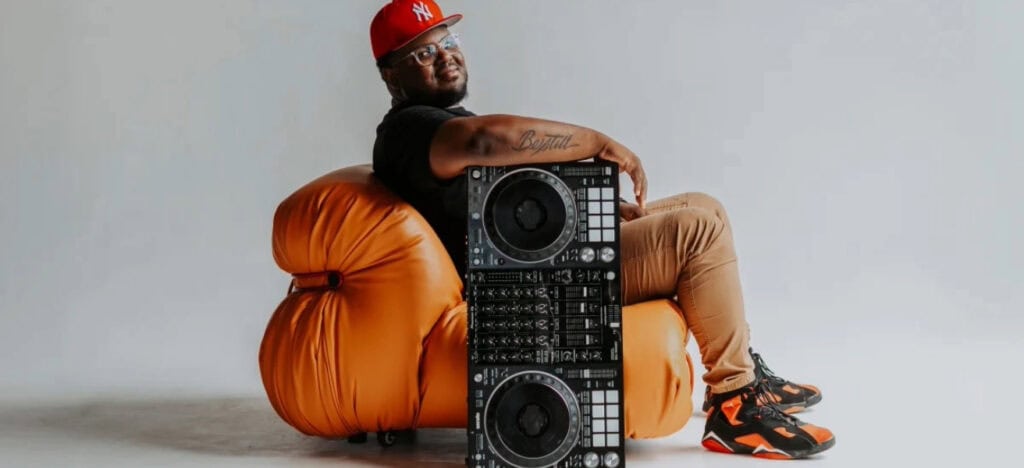
Get clear on rates, delivery timelines, and more.
9. Can I ask for edits before the final delivery?
Edits include touch ups, adjustments to brightness, object removal, color enhancement, and other changes. Always ask about a photographer’s edit policy so you don’t feel unsatisfied with the final results. The range of edits they offer may be spelled out in the contract.
Colorado business portrait photographer Elvis Sherman offers further insight into how professionals approach this question: “A person can and should ask for edits before the final delivery! If a person wants to look their best, retouching is a necessity. Photo retouching is something that I include in every headshot session I do, whether it is for one person or multiple people in a company headshot situation.
Editing, or retouching, is different for each person. It could be a quick blemish removal for a young person with short hair or something that takes a bit longer for a person that needs some extra attention to their skin tone or has a lot of long hair. I’ve even had to repair a glue-on eyelash that fell and was noticeable in a photo, and fix a chipped tooth that someone was self-conscious about.
A person shouldn’t be afraid to ask about the editing process or make their own requests!”
10. What is your rate?
Not all photographers list their rates on their website. This is because photoshoot pricing varies depending on the service and the client’s needs. A listed rate would have to change with the specifics of a project.
Sometimes potential clients feel uncertain about how to ask for the photographer’s prices. Be direct about all financial matters. If the project is a straightforward one, you can even lead with, “What’s your rate?” in the initial email. Otherwise, expect the photographer to ask some follow-up questions before they have a rate for you.
Have answers ready to the following common questions from photographers:
- How many hours do you want to book?
- How many images do you expect?
- What style are you after?
- What location or background do you have in mind?
- Will the shoot take place in more than one location?
- Do you want a second or third shooter alongside the main photographer?
- Do you need video coverage of an event?
- Do you want the images faster than the usual turnaround time?
11. Can I see some sample shots?
You don’t have to wait in silence for the final deliverables. Most photographers are happy to share some samples a few days or weeks afterward, if you ask! Sharing samples is good for both parties: you gain confidence that the deliverables will match what you’re after. And the photographer won’t have to re-edit shots after delivery.
12. When can I expect the final images?
Ask in advance about how much time the photographer needs to edit and deliver images post-photoshoot. The availability of the photographer will influence turnaround time. Some work is seasonal, and the photographer may have weeks of back-to-back shoots to take on. Once completed, they then start editing the entire batch.
Pro tip: If you really want your images delivered more quickly, ask in advance if you can pay for a quicker turnaround. The photographer will then prioritize your images by working longer or editing your batch first.
How to avoid a mismatch
Even the best questions may miss subtle hints that another photographer may work better for you. Here are a few more things to look out for.
Poor communication
A photographer who is slow to respond, gives brief answers that don’t fully address your questions, or is unclear may not be a good match. Communication is key. If they can’t give good answers to easy questions, dealing with harder issues will be more difficult.
Ask for client references
In addition to reading through online reviews and testimonials, requesting client references is key. Feedback from clients is one of the best ways to get a feel for everything a photographer has to offer. It can include insight into timeliness of deliverables, how comfortable they felt during the session, and even how clean the studio is. Answers to questions you might not think to ask can often be revealed in the photographer’s references.
An unfocused portfolio
Photographers are artists, and many have diverse interests. But the best photographers have a professional portfolio that is well-organized. When searching for a product photographer, look for those with a strong portfolio of mostly well-lit products.
If the photographer has a wide range of interests, that’s also okay. But look for a portfolio that is organized by themes, so clients can skip images that are of no interest. Combining flowers, portraits, products, and architecture on one page can be confusing as it suggests less experience with a particular style.
Choosing the right photography venue
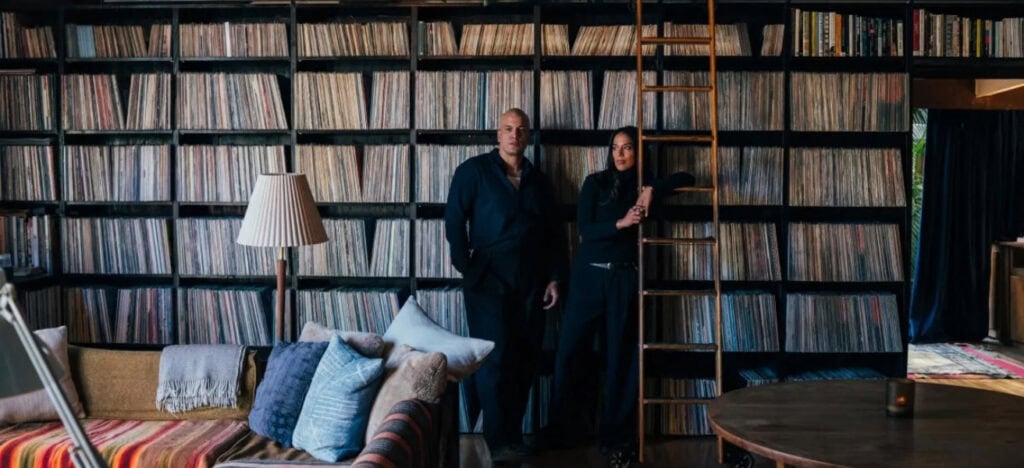
Booking your photographer is only the beginning to a great shoot. You also have to think about the venue and what it has to offer. After all, the venue is the backdrop to the creative story you’re about to tell with your photographer.
The right venue provides cohesion for the narrative in a way less carefully chosen spaces cannot. Use these tips for selecting a good photography venue:
- Where is the light coming from? Natural light angles change throughout the day.
- How many people will be around? Do you mind if folks watch or are present in the background?
- Do you have a few outfits to wear? Look for changing rooms, bathrooms, and other places to swap attire.
- How important is narrative to the session? For genres like lifestyle or engagement photography, choose venues that create a story. Restaurants and local destination hotspots are a few spaces to consider.
- Do you need props, like stools, flowers, or signs? Check with both your photographer and venue, as they may have everything needed.
Pro tip: Photography and videography venues are well optimized for these shoots. Seek out spaces made for creative professionals, like photo studios and event lofts, for the best range of options.
Discover the perfect backdrop on Peerspace
Peerspace offers an impressive variety of photography-ready spaces that solve common shooting challenges while inspiring creative possibilities:
Industrial lofts: These spacious venues feature exposed brick, weathered timber beams, and abundant natural light through warehouse windows—perfect for fashion shoots, product photography, or edgy portraits. The textured backdrops and open floor plans allow multiple setups without rearranging equipment.
Minimalist studios: Crisp white walls, polished concrete floors, and precisely positioned studio lighting create controlled environments ideal for product shoots, headshots, or any project requiring clean, distraction-free backgrounds. Many come equipped with professional lighting systems, seamless backdrops, and gear you’d otherwise need to rent separately.
Character-rich homes: From mid-century modern architectural gems to bohemian artist retreats, these unique residential spaces offer authentic lifestyle settings impossible to recreate in a studio. They are perfect for brand storytelling, lookbook shoots, or intimate portrait sessions that require a lived-in atmosphere.
Outdoor gardens and rooftops: Access private green spaces and skyline views without dealing with public location permits or unpredictable crowds. These venues offer the beauty of outdoor photography with the convenience of nearby amenities—changing areas, restrooms, and shelter if weather changes.
Up next: Your photography venue search
Now that you’re equipped with the essential questions needed to find your ideal photographer, take the next step in creating exceptional images by exploring Peerspace’s vast collection of photography-ready venues. Start your search by entering your location and filtering specifically for “photography studios” or “photo shoot locations.” Refine your results further with our specialized filters—search for spaces with equipment included, natural light options, or specific square footage requirements.
Many Peerspace listings include detailed photos showcasing different angles, lighting conditions throughout the day, and available backdrops—giving you and your photographer a preview of creative possibilities. Book by the hour with transparent pricing (no hidden fees), communicate directly with knowledgeable hosts who understand photographers’ needs, and secure your perfect space instantly. Whether you need a professional studio for product shots, a characterful loft for portraits, or an architectural gem for your fashion shoot, Peerspace helps you find and book the ideal backdrop for your visual story in just a few clicks.
Get together somewhere better
Book thousands of unique spaces directly from local hosts.
Explore SpacesShare your space and start earning
Join thousands of hosts renting their space for meetings, events, and photo shoots.
List Your Space

